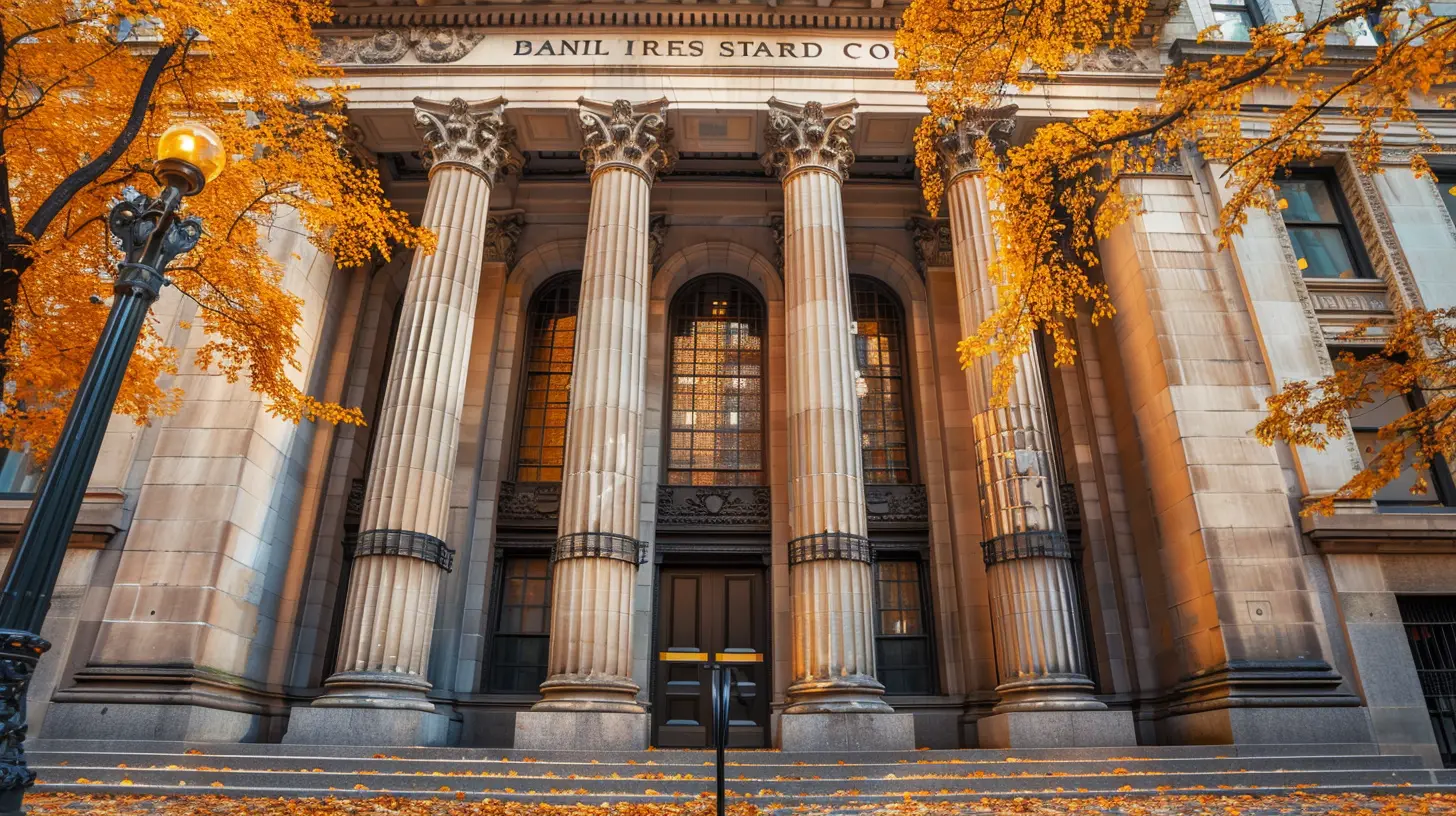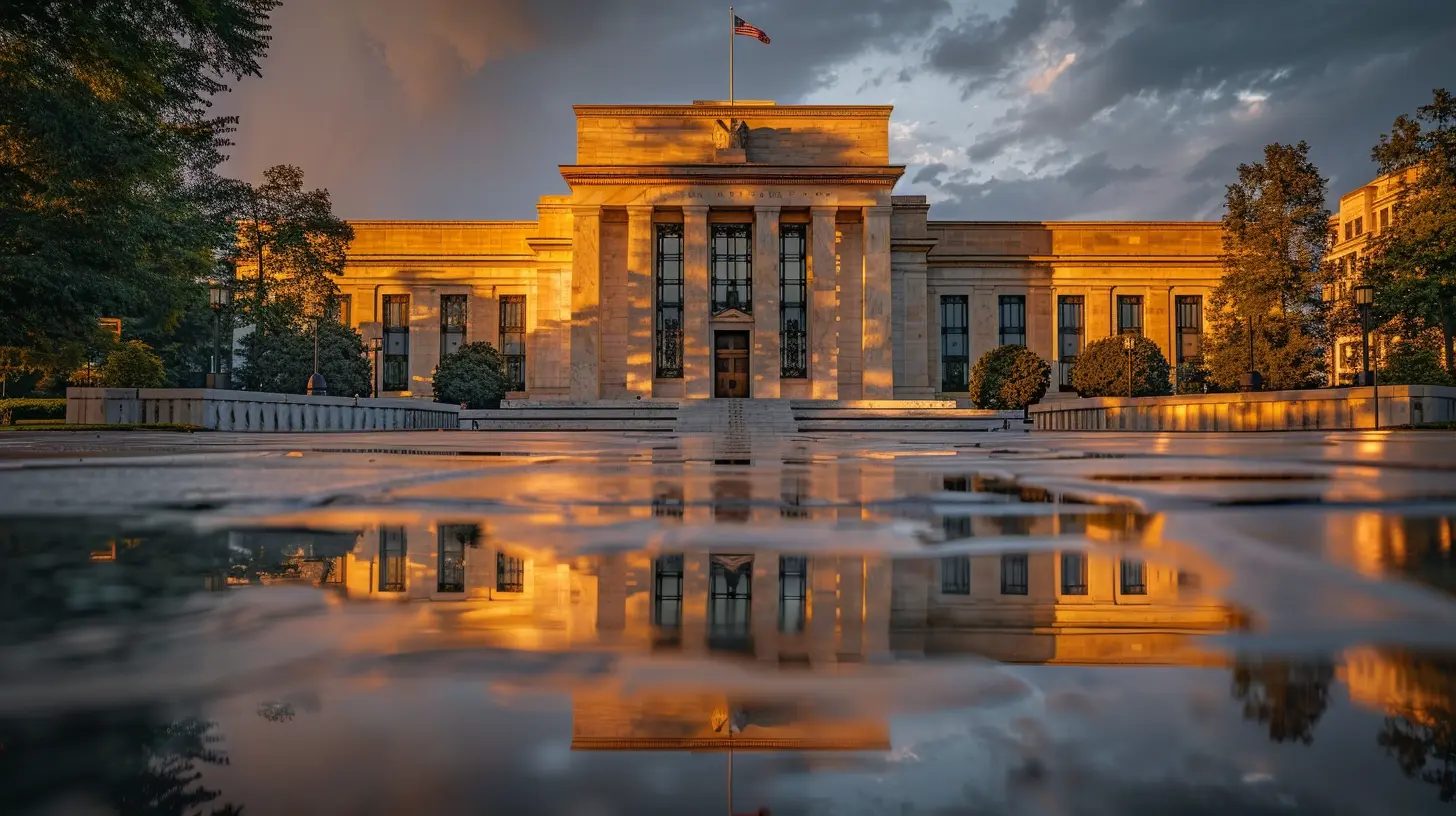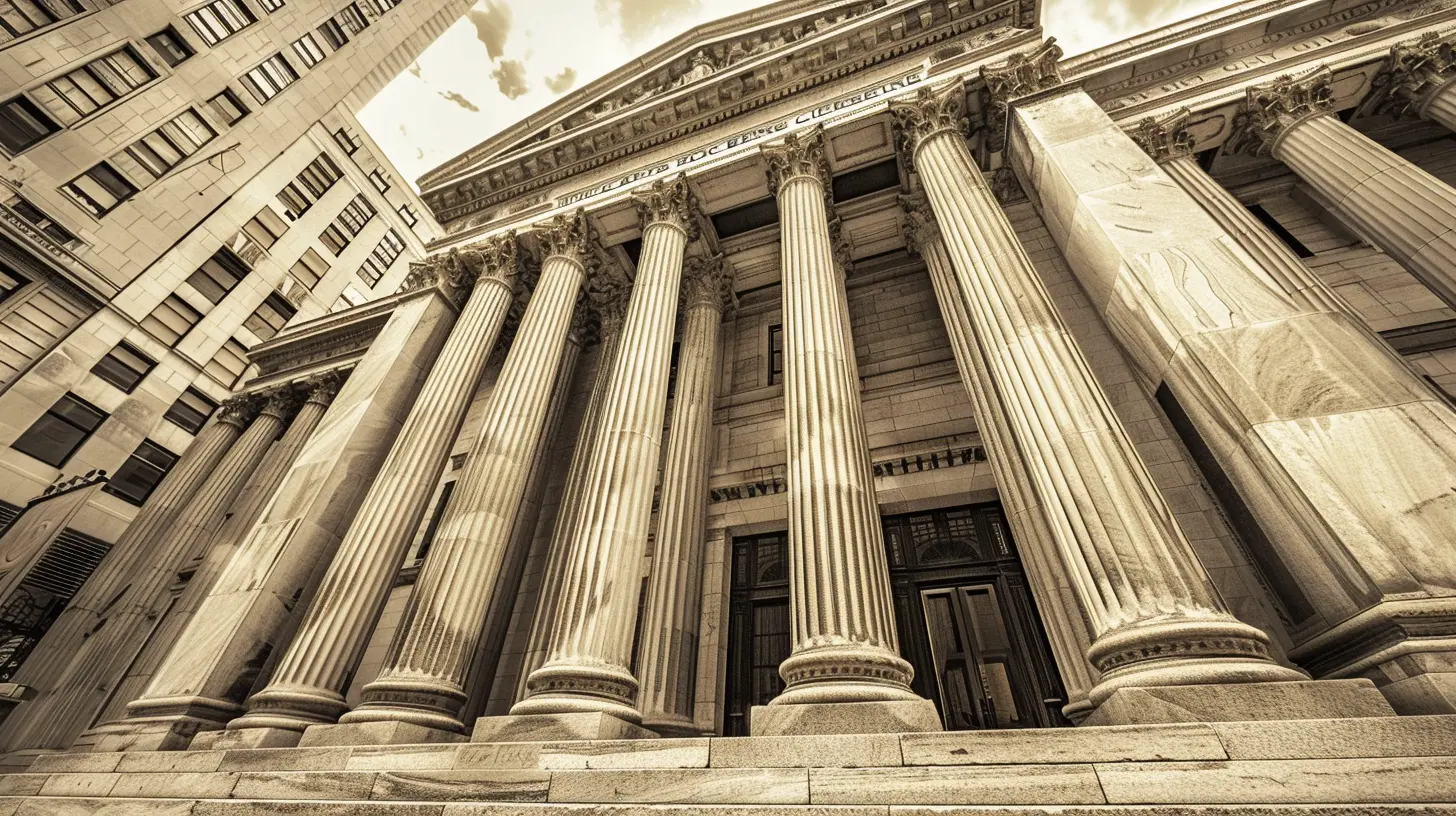The Importance of FDIC Insurance for Your Bank Deposits
18 May 2025
When you put your hard-earned money into a bank, you expect it to be safe. You trust that your deposits will be there when you need them. But what if the bank fails? This is where FDIC insurance comes in, offering a safety net for your funds.
Many people don’t fully understand FDIC insurance, how it protects them, or why it’s crucial. In this article, we’ll break it down simply so you can see why it’s one of the most important protections for your bank deposits.

What Is FDIC Insurance?
FDIC stands for Federal Deposit Insurance Corporation, an independent agency of the U.S. government. It was created in 1933 to restore trust in the banking system after the Great Depression. Back then, thousands of banks failed, wiping out people’s savings overnight. The FDIC was established to ensure that would never happen again.FDIC insurance guarantees your deposit accounts up to a certain limit, meaning even if your bank goes under, your money is still safe.

How FDIC Insurance Works
FDIC insurance protects depositors by covering certain types of accounts up to $250,000 per depositor, per bank, per ownership category. That means if your bank shuts down unexpectedly, the FDIC steps in and reimburses you up to the insured limit.What’s Covered?
FDIC insurance applies to:- Checking accounts
- Savings accounts
- Money market deposit accounts (MMDAs)
- Certificates of deposit (CDs)
- Negotiable Order of Withdrawal (NOW) accounts
What’s Not Covered?
While FDIC insurance is comprehensive, it doesn’t cover everything. The following are not insured by the FDIC:- Stocks, bonds, or mutual funds
- Cryptocurrency
- Life insurance policies
- Safe deposit box contents
- Municipal securities
If you’re invested in stocks or crypto through a brokerage account linked to your bank, you should know that these are not covered by FDIC insurance. You might need to look into SIPC (Securities Investor Protection Corporation) coverage for those assets.

Why FDIC Insurance Matters
1. Peace of Mind
Nobody wants to wake up one day and hear that their bank has collapsed. But with FDIC insurance, you don’t have to worry. Even if your bank fails, your insured deposits are safe. That kind of security lets you focus on your financial goals rather than worrying about the stability of your bank.2. Prevents Financial Catastrophe
Imagine if FDIC insurance didn’t exist. If a bank went bankrupt, depositors could lose all their money. This would lead to panic, people rushing to withdraw their funds, and a total banking collapse. FDIC insurance helps prevent bank runs by reassuring customers that their money is protected no matter what.3. Encourages Banking Stability
Banks operate on trust. The FDIC’s backing ensures that people continue to trust banks, which keeps the whole financial system stable. Without this guarantee, people might avoid banks altogether, preferring to stash their money at home—an approach that comes with its own risks, like theft or fire.4. Protects Small Depositors
While wealthy investors might have the resources to recover from a bank failure, the average person doesn’t. FDIC insurance ensures that everyday depositors—people with a few thousand dollars in their accounts—don’t lose everything if their bank fails.
How to Maximize Your FDIC Coverage
If you have more than $250,000 in a single bank, you might be wondering how to ensure all of your money is protected. Here are some strategies to increase your coverage:1. Open Accounts at Different Banks
Since FDIC insurance covers $250,000 per depositor, per bank, you can spread your money across multiple FDIC-insured banks to protect more than the standard limit.2. Use Different Ownership Categories
The FDIC insures accounts based on ownership categories. This means you can insure more than $250,000 at one bank by holding accounts in different ownership categories. For example:- Single account (owned by one person) – $250,000 coverage
- Joint account (owned by two or more people) – $250,000 per co-owner
- Retirement accounts (such as an IRA) – Separate coverage
By diversifying across ownership categories, you can strategically increase your FDIC protection.
3. Consider a Revocable Trust Account
If you have a trust, you may be able to further expand your FDIC coverage. Each beneficiary of a revocable trust account can receive up to $250,000 in protection, offering significantly higher limits for larger deposits.How to Check If Your Bank Is FDIC-Insured
Not every financial institution is FDIC-insured, so it’s important to verify before depositing your money. Here’s how you can check:1. Look for the FDIC Logo
Banks that are FDIC-insured proudly display the FDIC logo at their branches and on their websites. If you don’t see it, ask a bank representative.2. Use the FDIC’s BankFind Tool
FDIC provides an online tool called BankFind, where you can search for your bank to confirm its insured status. Just enter the name of the bank, and you’ll quickly find out if it’s covered.3. Ask Your Bank Directly
If you’re unsure, don’t hesitate to contact your bank’s customer service. Simply ask: “Is this bank FDIC-insured?” They should be able to provide you with a clear answer.
Common Myths About FDIC Insurance
There are a lot of misconceptions surrounding FDIC coverage, so let’s clear up some of the most common ones:Myth #1: If My Bank Fails, I’ll Lose Access to My Money Immediately
Not true! If your bank fails, the FDIC typically steps in within a few days to ensure you get your money back. In many cases, depositors regain access to their insured funds in as little as one business day.Myth #2: FDIC Insurance Covers Everything in My Bank
As we mentioned earlier, FDIC insurance only covers deposit accounts. Investments like stocks, bonds, and crypto aren’t protected, so be mindful of where you store your wealth.Myth #3: FDIC Insurance Only Applies to Big Banks
False! FDIC protection applies to large and small banks, as long as they are FDIC members. Even small community banks and online banks can be FDIC-insured.Final Thoughts
FDIC insurance is one of the most important safeguards in the banking system. It ensures that no matter what happens to your bank, your money (up to the insured limit) is protected.If you’re unsure whether your bank is FDIC-insured, take a few moments to verify. And if you have more than $250,000 in deposits, consider spreading your funds across multiple banks or ownership categories to maximize your coverage.
At the end of the day, it’s all about peace of mind—knowing your money is safe no matter what. And that’s priceless.
all images in this post were generated using AI tools
Category:
Banking TipsAuthor:

Julia Phillips
Discussion
rate this article
4 comments
Ursula McNulty
FDIC insurance is essential for safeguarding your bank deposits.
June 2, 2025 at 4:14 AM

Julia Phillips
Absolutely! FDIC insurance provides crucial protection for your deposits, ensuring your savings are secure even in uncertain times.
Olivia Meyers
Great article! Understanding FDIC insurance is crucial for peace of mind in protecting our hard-earned savings. Thank you!
May 24, 2025 at 3:58 AM

Julia Phillips
Thank you for your kind words! I'm glad you found the article helpful in understanding the importance of FDIC insurance. Your financial peace of mind is essential!
Zadie Thompson
While FDIC insurance offers essential protection for bank deposits, it also serves as a reminder of the fragility inherent in our financial systems. In an era of increasing volatility, understanding the limits of this safety net encourages us to consider broader financial strategies and the importance of diversification in safeguarding our wealth.
May 23, 2025 at 12:03 PM

Julia Phillips
Thank you for your insightful comment! Indeed, while FDIC insurance is crucial, recognizing its limits can help us adopt a more comprehensive approach to financial security and diversification.
Courtney McEvoy
FDIC insurance is fascinating! It’s reassuring to know our deposits are safeguarded. How does it truly work?
May 19, 2025 at 12:25 PM

Julia Phillips
FDIC insurance protects your bank deposits up to $250,000 per depositor, per bank. It works by allowing the FDIC to cover losses in case a bank fails, ensuring your money is safe and recoverable.



